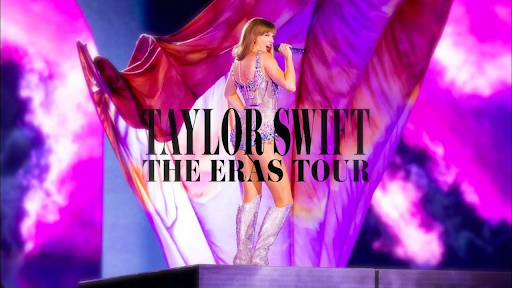We are entering a new era in film: pandemic thrillers. As we (hopefully) wind down from the pandemic, directors aim to capture this energy and make films about it. Movies like “Songbird” have tried and failed at this genre, but Stephen Soderbergh’s “Kimi” is an exception.
Angela Childs (Zoë Kravitz) is an agoraphobic tech worker living in COVID-era Seattle. She works for the company Amygdala, which manufactures a product called Kimi — similar to an Amazon Alexa. She hears and fixes people’s streams in order to continuously update the Kimi technology. Childs spends her time in her apartment, faced with anxiety from a previous assault made worse from the COVID-19 pandemic. After hearing a crime during a data stream, she faces her fears and hopes to seek justice for the victim.
Soderbergh’s vision for the movie is very clear and he does an excellent job at bringing that vision to life. When Childs is leaving her house for the first time, the camera surrounds her and moves in different ways. He does a great job conveying her apprehension and anxiety in this manner. I also enjoyed the scene where the Amygdala security guards are chasing her throughout the city to a classical music sequence. This choice was very interesting and unique, because I would not think of classical music while being chased around Seattle. Choices like these make the movie stand out and speak to the unconventionality of “Kimi.”
Kravitz’s performance in “Kimi” is excellent. She has by far the most screen time since the movie is primarily set in her loft. Her understanding of how agoraphobia and anxiety live in a person without letting it overtake her character greatly enhanced the film
Critics loved her performance, as Richard Roeper of the Chicago Sun-Times wrote, “she delivers a smart, empathetic and badass performance in this nifty gem about a woman who has to step outside in more ways than one.”
“Kimi” is not only a thriller, but a commentary on the pandemic and surveillance. We know how the pandemic has taken over our lives, and has made life a little bit different for everyone. Audiences witness how Childs adjusts to a virtual life through her appointments with her dentist and her shrink, as well as her phone calls with her mom. We have been able to do everything on a computer which may seem scary, but it is our new normal. A huge part of the film that scared me is that Childs had the technology to access a person’s Kimi and hear everything they have ever told it. Anytime you would say, “Kimi, what time is it?” or “Kimi, what is the weather?,” you are surveilled on. Our technology is always improving. Is “Kimi” a glimpse of what tech could be in the near future?










